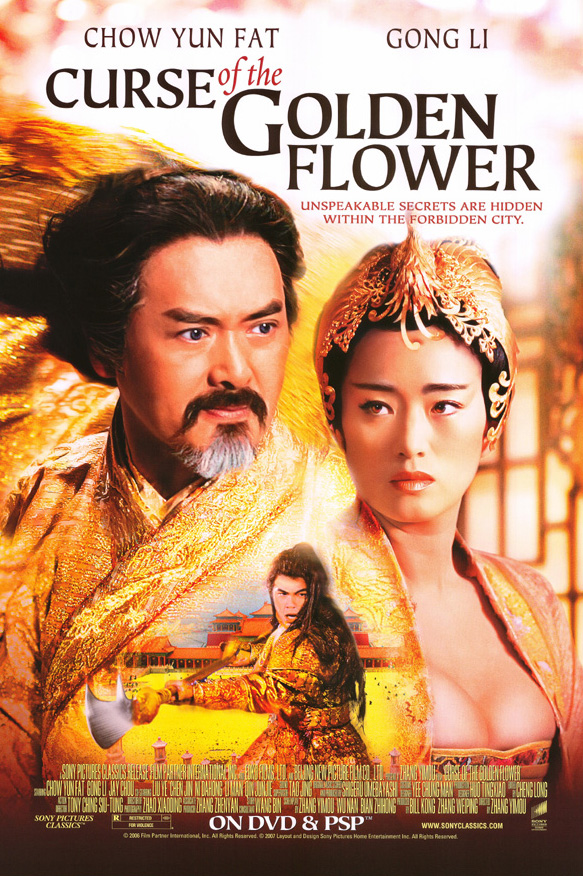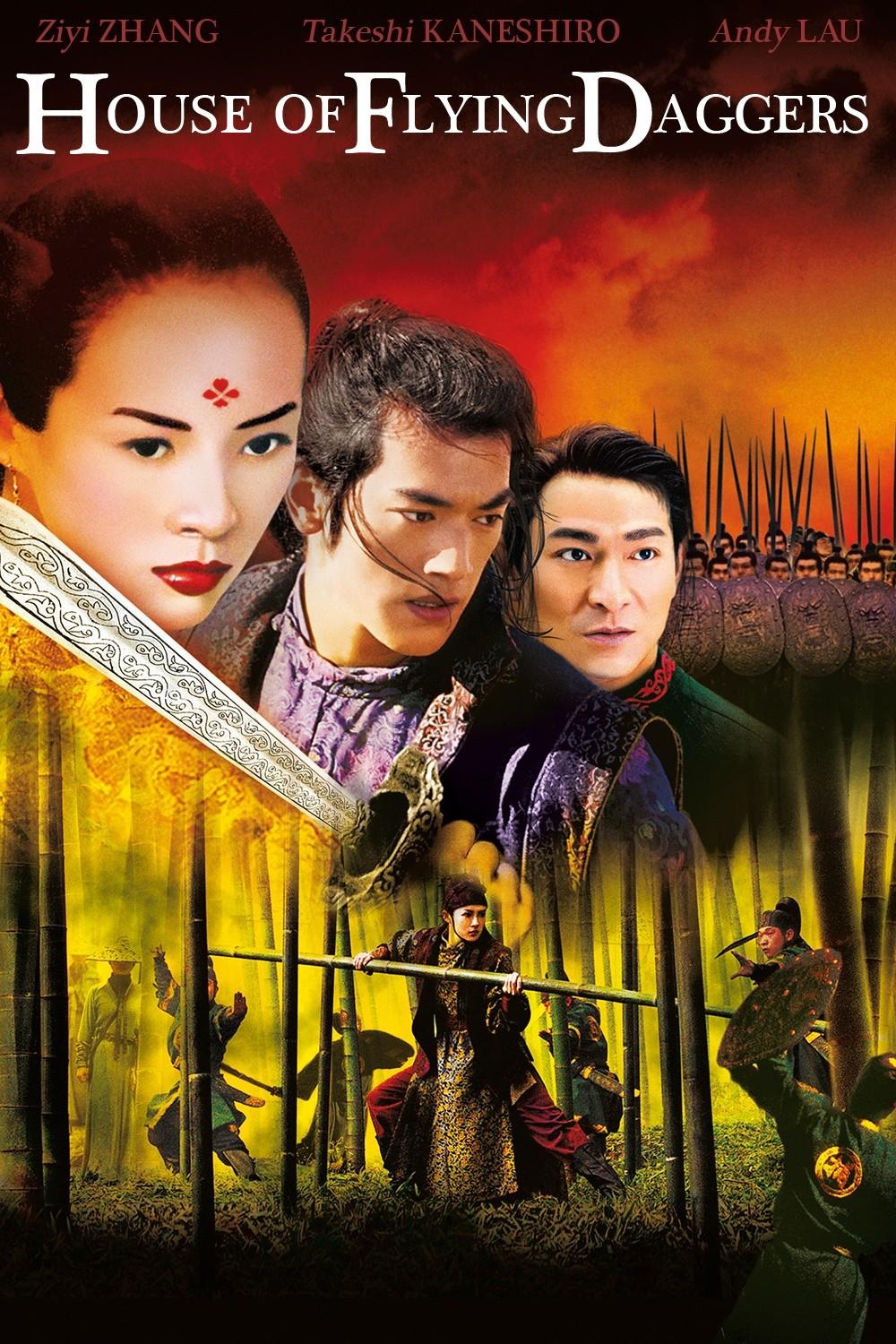In my final presentation, I am most proud that I was able to demonstrate how interpretation works by having the actual equipment (headphones and receiver) at each student's place and using the microphone and transmitter myself. I was so excited to have the equipment because I didn't know if I would be able to rent it for my presentation (and not an actual interpreting event) or how much it would cost. But when I emailed the company my mentor, Anne, had recommended, Continental Interpreting, they responded saying that since I was a student they would be able to provide me with equipment for the day of my presentation at no cost! Yay! Even though I felt that having the equipment there was somewhat underappreciated by the students, I was very happy to have it.
2. What assessment would you give yourself on your block presentation?
AE
3. What assessment would you give yourself on your overall senior project?
AE
4. What worked for you in your senior project?
Something that worked really well for me was being able to use the Cal Poly Pomona library databases to access scholarly articles on interpreting. I got almost all of my research for my I-Search paper and final presentation from journal articles that were available online to students with a Cal Poly login. It was so helpful to be able to go on there and find a wealth of reliable, free sources instead of just doing a regular Google search. Being able to use these expert resources really enhanced the quality and credibility of my project.
I would not choose to go back in time and change anything about my project. I know there are always ways to improve and there are have been many throughout the course of this year. I could have done a better job at keeping up on research notes despite limited accountability, for example. However, I did my very best in every component and am proud of all my work. I don't regret any of the decisions I made regarding missing school for mentorship, using technical and timeconsuming sources, etc. So although my project is not perfect, I am confident in it, I love it, and would not change anything about it.
Completing my project to the best of my ability has given me a great head start in becoming an interpreter myself. I have all of the knowledge, now I just have to put it into action. All the work I did for my project and everything I learned have left me with not only a great base of research and knowledge as I continue pursuing my goal, but also even more excitement and inspiration than I started with.
The connections I made with professional interpreters is another aspect of my project that has been helpful to me as I think about the future. Through interacting with my three mentors, I learned some of the more practical and logistical aspects of the field, such as different opportunities of settings to interpret in, what certifications are beneficial to obtain, and what interpreter training programs are in the area (such as the one at Cal State Fullerton). I was also added to an interpreter/translator Facebook group. My senior project has been a diving board from which I am now jumping off into the proverbial pool of continued study in the field of interpretation.
The connections I made with professional interpreters is another aspect of my project that has been helpful to me as I think about the future. Through interacting with my three mentors, I learned some of the more practical and logistical aspects of the field, such as different opportunities of settings to interpret in, what certifications are beneficial to obtain, and what interpreter training programs are in the area (such as the one at Cal State Fullerton). I was also added to an interpreter/translator Facebook group. My senior project has been a diving board from which I am now jumping off into the proverbial pool of continued study in the field of interpretation.

















